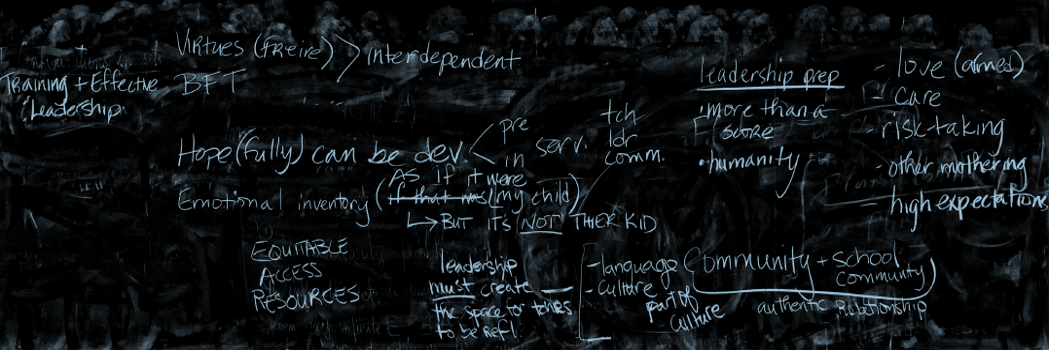Yosso (2005) makes the case that “Cultural Wealth” should be acknowledged and respected as a contributing factor within communities that have always been researched as deficit-based. I agree with Yosso’s (2005) assertion that privileging and or centering Whiteness as the standard-bearers of epistemological contributions and “wealth” is problematic. As such Communities of Color should be seen as acknowledged for all that we bring into many spaces that we occupy. Similarly, Rodela and Rodriguez-Mojica (2020) not only acknowledge the brilliance of students but also consider the ability of Latin-X students to be resilient as a cultural strength. The truth is Communities of Color bring so much to all aspects of life from inventors to philosophers, greatness is within our DNA.
In addition to finding the readings interesting, I was also analytical about the words most often seen in articles like these specifically the term “resilIent”. I can’t help but ask if it’s fair for marginalized students to be inadvertently tasked with being resilient? Resiliency is a resource and people of color have no choice but to be resilient if they want to survive the evilness that is racism. But I am conflicted. I am conflicted because being resilient is exhausting. As both readings suggested the cultural wealth of Communities of Color should be acknowledged without Communities of Color being subjected to conformity in order to be respected. However here is my conflict, isn’t being resilient still conforming/accepting the holds of racism? Both readings make the case that the interconnected processes of social equity and education equity are inextricable from each other. The pervasiveness of racism is real and I am happy that the CDC recently recognized Racism as a public health crisis. Just as the articles suggested the deficit should not fall on the backs of Communities of Color.




Hi Fatima! I enjoyed reading your post this week. You make an incredible point about resiliency; to your point, it is not often by choice that communities of color are resilient but rather a survival mechanism that wouldn’t have to be accessed necessarily if we were all free. I appreciate your comment that resiliency is exhausting and by uplifting it we are, in a sense, accepting racism and the status quo. I didn’t know that the CDC has recognized Racism as a public health crisis but I am so glad that they did and I am glad that you shared it here. It needs to be treated like the disease that it is and like any disease, we need to find a cure. I have also heard of “racism” being considered a pandemic, which I think also points to this idea that the human race is very very sick 🙁 I am left with more questions than answers this week but hope that this heightened awareness can lead to/ignite the RADICAL change that is necessary.
Hey Fatima! Your reflection on the idea of resiliency, similar to other discussions of concepts like “grit” and the use of “strong” as a character trait, resonated with me. Like these other terms and descriptors, I think it is so important to interrogate “resiliency”. On the one hand, it can serve as protective factor and support both wellness and recovery in the face of challenges and traumatic experiences. However, it is extremely problematic when resilience is expected as a character trait for a historically and systemically marginalized group of people regardless of the trauma inflicted on them, when it is used to minimize/dismiss harm, and when it is used to avoid reparation.